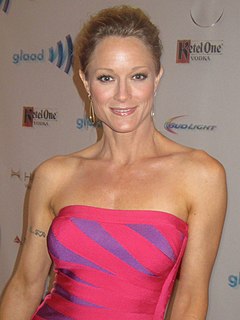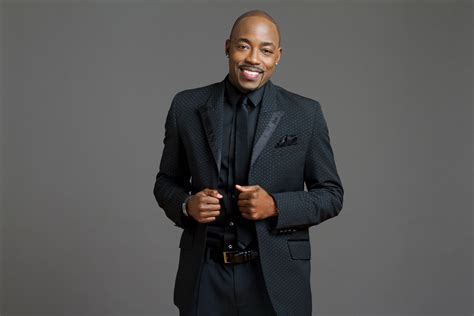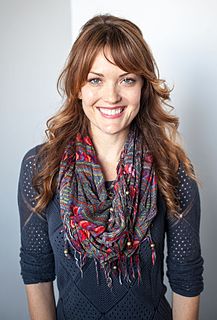A Quote by Teri Polo
Related Quotes
When you are interviewing someone, never let your camera person turn off the camera. The second you turn off the camera, they'll say the magic thing that you'd been looking for the whole interview. People want to relax after the performance is done. Don't be afraid of awkward silence. That is your friend.
I enjoyed being at Jurassic Park, with Jeff Goldblum and Sir Richard Attenborough. It's funny, because Steven Spielberg would actually operate the camera sometimes. He'd consider the camera, and he'd be kind of looking at me. He actually shot a few of the things that I'm in, in that lab, with that long ash dangling off that cigarette. Hogging that fake cigarette. Because I had quit smoking, and he wanted to make sure I didn't go back, so he got me the worst-tasting fake cigarettes ever.
When you're working on a scene, both in the script phase and also in the moment, you look around and you wait for the lightning bolt to strike you and based on your instincts tell you what the right thing to do is here. And that can result in anything from a change of dialogue to the realisation that what you thought was a dramatic scene should actually have some humour. And maybe if you stage it this way it's funnier, or if you put the camera here it tells a different story. That stuff is kind of everything when you're a director.




































